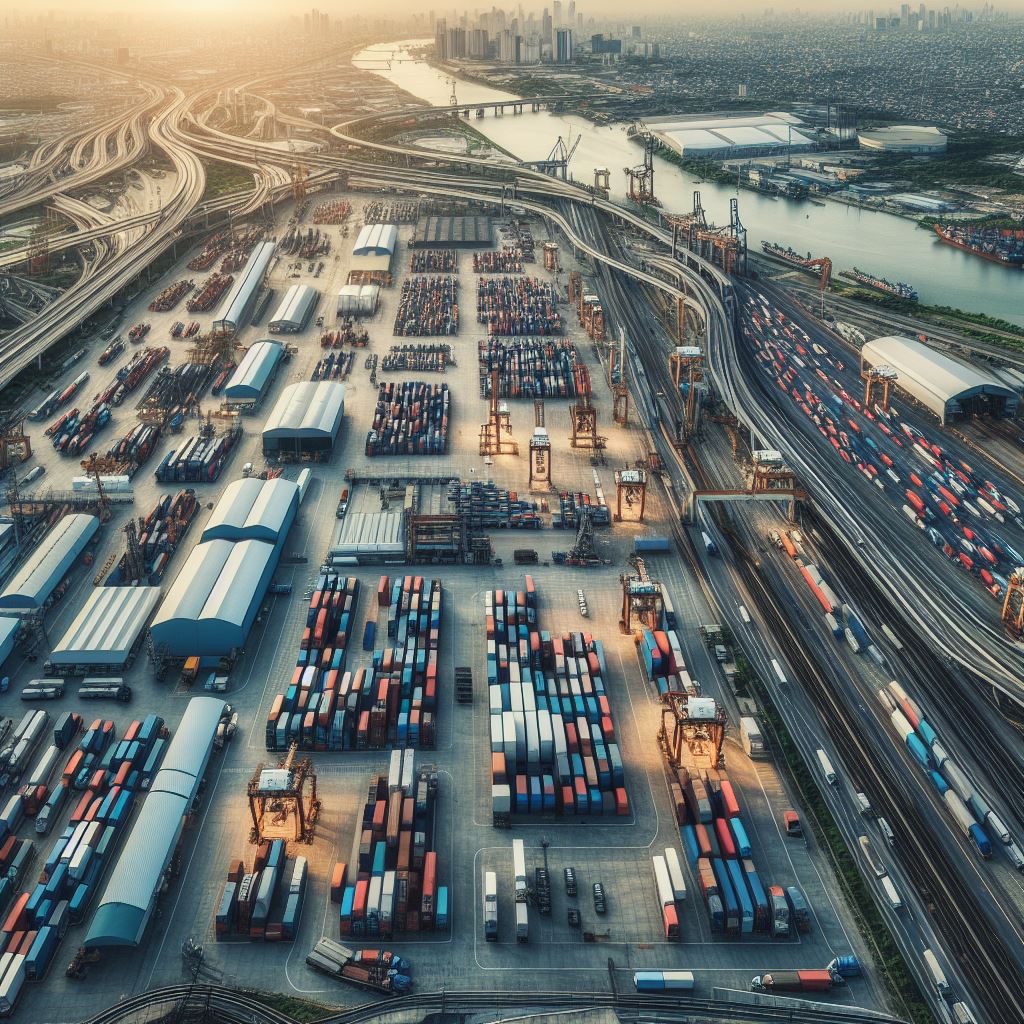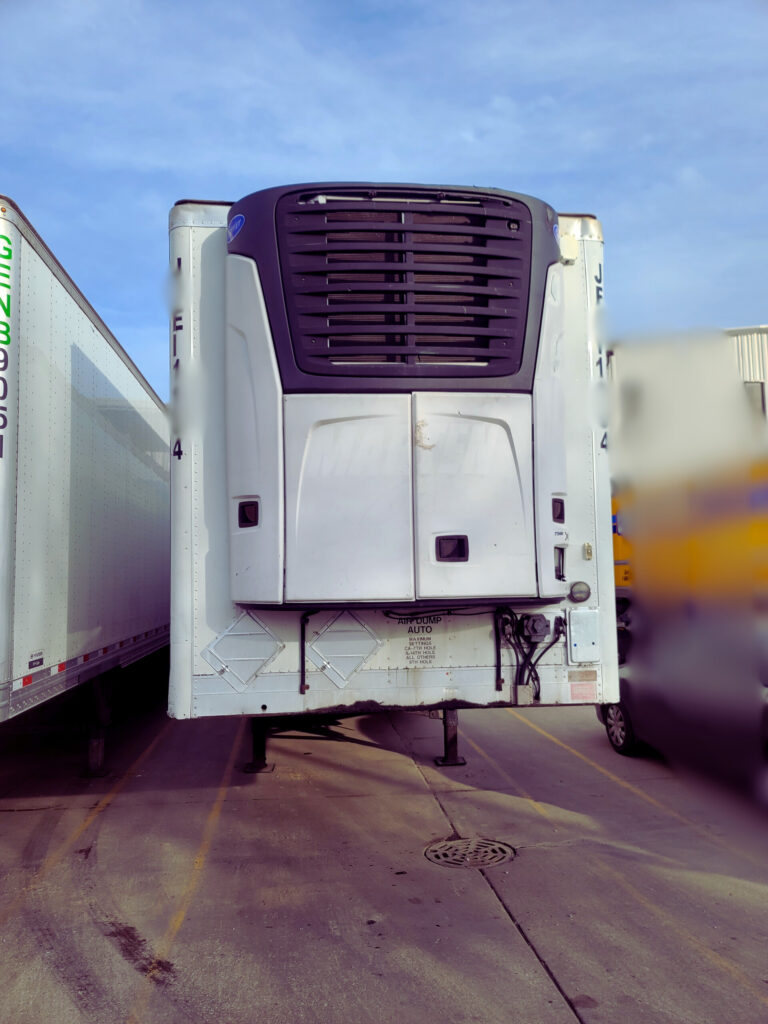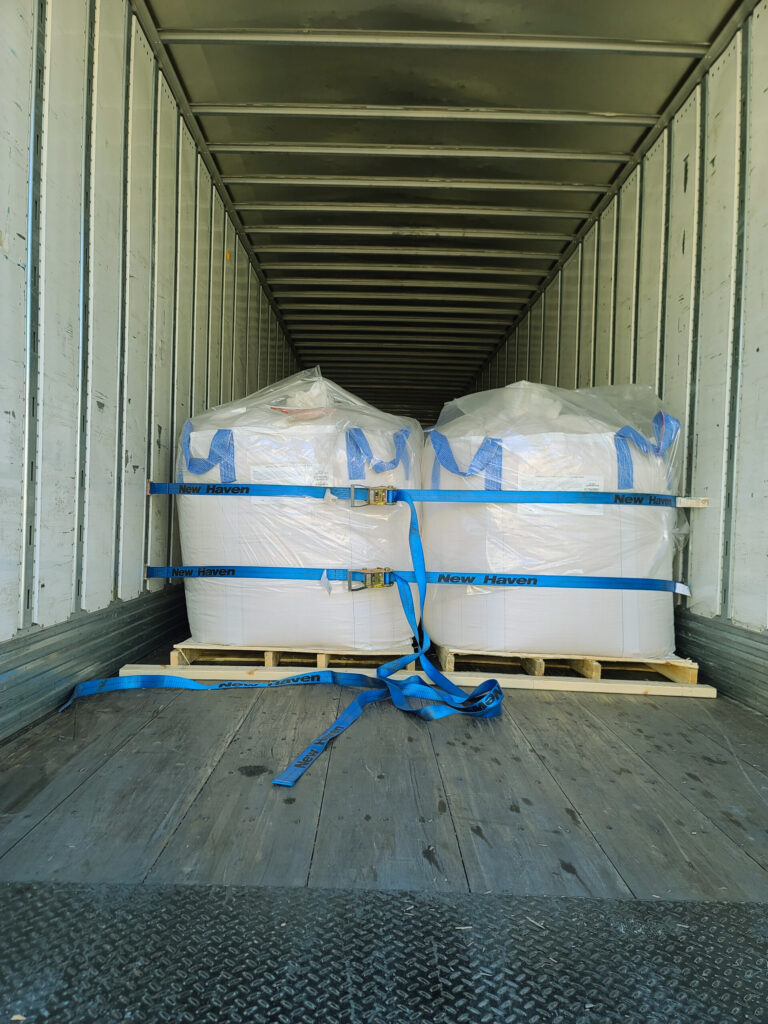
Sustainability is one of the significant trends that’s believed to shape the present and future of the logistics industry. Sustainable logistics has become a hot topic of debate worldwide. Amid consistently changing climate and weather patterns, more and more logistics companies are investing in making their routine logistics and transportation operations sustainable. They strive to adopt eco-friendly strategies and practices geared towards minimizing the impact of their operations on the environment and natural resources.
As the logistics industry is believed to be one of the largest contributors to gas and pollutant emissions, sustainability is of immense importance. Experts even believe that sustainability can be an effective way for logistics businesses to deal with current and future ecological challenges. This article sheds light on the relationship between sustainability and logistics. It also focuses on the importance of sustainable logistics for the environment, supply chain, and global economy.
Sustainability in Logistics: the need of the present and future
Sustainable (green) logistics is a need of the present and future due to the following reasons:
-
Sustainable logistics is environmentally friendly
Contrary to traditional logistics, which uses vehicles running on fossil fuels to transport goods, sustainable logistics focuses on shifting to renewable energy sources that have lower carbon footprints. For example, logistics businesses can invest in electric trucks for freight shipping, helping them protect the environment more effectively as electricity has lower carbon emissions than fossil fuels.
Another example of adapting sustainability in logistics is electrifying the refrigeration system in reefers, making refrigerated freight shipping more eco-friendly. Reefer freight shippers can invest in natural refrigerants like hydrocarbons instead of traditional refrigerants, which can help lower overall gas and pollutant emissions.
Optimization of the packaging process is another logistics approach powered by sustainability. Businesses can adopt eco-friendly packaging strategies, such as using packaging material made of natural resources, recycling, and consolidation.
Logistics companies can use modern route planning software to optimize their delivery routes, enabling them to reduce fuel consumption, which can eventually result in lower greenhouse gas emissions.
Sustainable logistics also stresses on reducing waste materials. Retrofitting systems are an excellent example of waste-reducing sustainable approaches. In a retrofitting system, only the malfunctioning mechanical parts are repaired and revitalized instead of replacing the whole system, reducing the overall mechanical waste. This is not only good for the environment but also for the companies as it helps lower their operational costs.
-
Cost-effective
Sustainability can also be financially beneficial for logistics businesses. In start, it may be expensive to adapt sustainable strategies and practices, however, in long run, it is economical and can offer competitive advantage to shippers.
Sustainable initiatives can simply boost the efficiency of logistics operations, lowering operating costs. For example, modern technology-based route planning software can help shippers choose shorter and more easily accessible routes for freight delivery, reducing fuel consumption and helping them save more. Similarly, they can decrease their empty miles by using a sustainable approach to manage freight deliveries.
-
Regulatory compliance
Ever since the challenge of climate change started to grow, different countries have implemented numerous regulations and policies for the logistics industry. It’s obligatory for the logistics businesses to comply with these regulations in order to avoid legal complications. Sustainable logistics gives framework for business to align their operation with regulations, protecting them from potential fines and liabilities.
-
Customer satisfaction
Customers expect their logistics partners to be socially and environmentally responsible. Therefore, it’s important for logistics businesses to adapt sustainability to achieve customer satisfaction. Reliance on traditional logistics, on the other hand, may result in customer dissatisfaction.
Conclusion
Overall, sustainability in logistics is a strategic necessity for not only the present but also the future. Its advantages for the environment, society, and economy are unlimited. Sustainable logistics can create a win-win situation for both logistics businesses and the environment. However, achieving sustainability is not a simple thing, as logistics companies need collaboration, investment, and continuous improvement for that. While the logistics sector is progressing continuously in this regard, more efforts are needed to be made to overcome complex challenges impeding the way toward a sustainable present and future.
VPL Logistics is striving to be a torchbearer when it comes to integrating sustainable principles into logistics. We’re dedicated to adapting innovative, sustainable strategies that can help save the environment while empowering us to grow and exceed our customer’s expectations.









